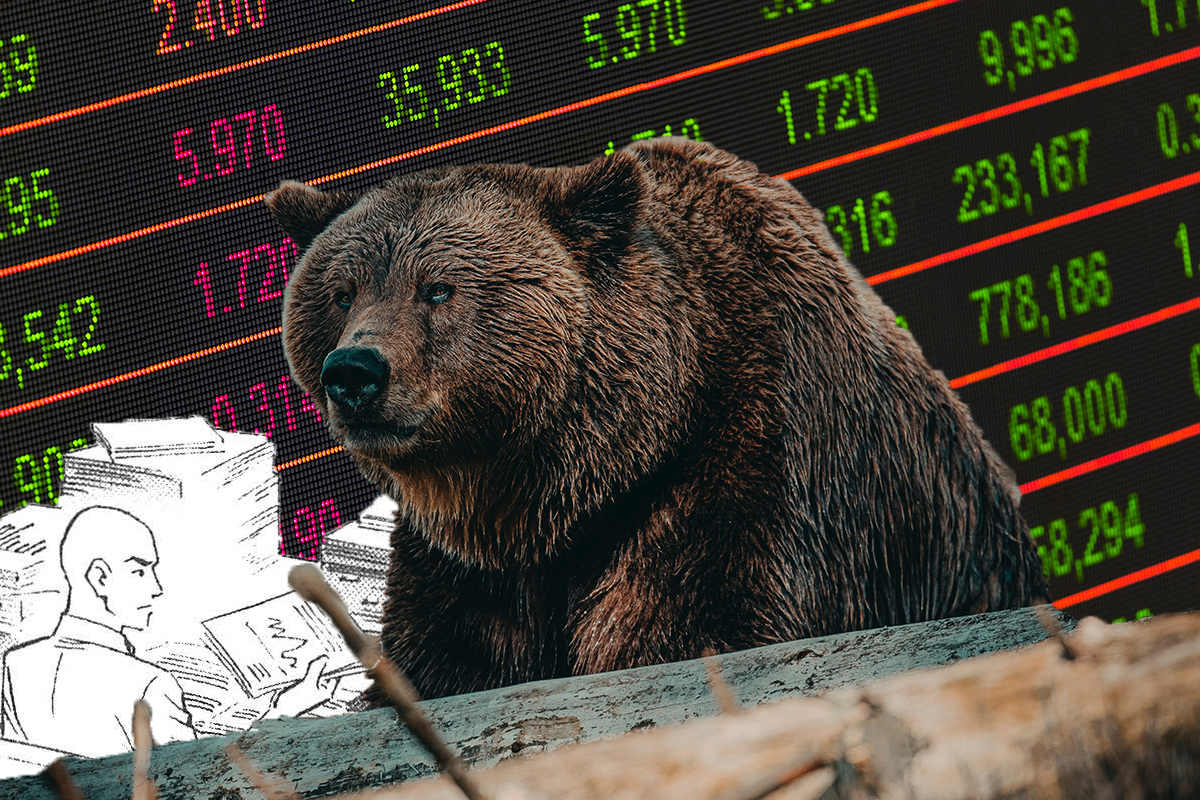A bear market is a prolonged period of price declines in a stock or entire market, typically of 20% or more from a recent high. As per Kavan Choksi / カヴァン・チョクシ, investors generally track the major indexes of the world like the S&P 500 to see when they enter bear market territory. Individual stocks or asset classes might even enter a bear market in case they experience price declines of 20% or more. Bear markets usually do not last long. On average, they can be of under 10 months.
Kavan Choksi / カヴァン・チョクシ shares two important tips for investing in a bear market
Bear markets more commonly occur in the period prior to an economic downturn, and often indicate that investors are beginning to pull back. If there is a higher ratio of risk-averse investors to risk-tolerant, it can also be considered to be a bear market or at least a “bear-market territory.” On the other hand, investors typically charge ahead and buy at a rapid pace in a bull market. As investors heat that markets might be headed for a bear market or into bear market territory, it becomes prudent for them to adjust their investments accordingly.
Here are two major tips for investing in a bear market:
- Invest defensively: It would be a good idea to invest in defensive stocks or funds that perform well traditionally during downturns. These investments are typically made in areas considered necessities, no matter the market situation, like food and personal care stocks. Utilities is also an important sector that generally performs well during market downturns. Investors should try to shift some of their portfolios to these assets during an anticipated downturn.
- Hedge with bonds: Investing in bonds is a common strategy to safeguard against a bear market. Bond prices usually move inversely to stock prices. Hence, when stocks fall, bond investors tend to gain. Short-term bonds may help investors endure short-term market downturns. On the other hand, higher-quality or investment-grade bonds are better for people looking to hedge against overall market risk during bear markets. Opting for riskier bonds in such times could worsen losses from under-performing equities.
As per Kavan Choksi / カヴァン・チョクシ, selling off everything and moving all positions into cash would be the most brash strategy an investor could follow when preparing for a bear market. While this can safeguard their money at the moment, it wouldn’t be the best move to protect it long term. As bear markets do not last too long, losing the purchasing power of cash owing to high inflation is likely to be a worse alternative. Certain investors believe that they shall be able to jump back into the market at the right time, however, doing so is not easy. In fact, many of them can end up buying stocks well after the recovery has begun. While the mood surrounding a bear market can be bleak, investors need to avoid the urge to sell everything off at the first sign of a headwind.



